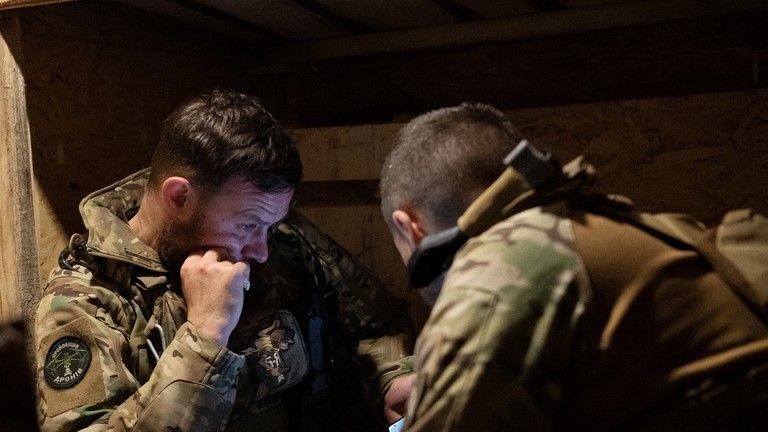CISA Is Using Drones to Help Secure Critical Infrastructure

The Homeland Security Department plans to start using drones when training government personnel and private companies to secure critical infrastructure.
The Cybersecurity and Infrastructure Security Agency is bringing on a trio of small unmanned aircraft to enhance its Infrastructure Stakeholder Security and Exercise Program, an effort meant to prepare nationwide partners for attacks on critical infrastructure. The drones will be used to capture footage of training exercises as well as simulate attacks by unmanned aircraft, according to the agency.
“Small unmanned aircraft systems provide CISA the opportunity to offer better exercises to the critical infrastructure security and resilience stakeholder community,” CISA officials wrote in a privacy impact assessment for the program. The agency purchased the drones from a U.S. manufacturer, they said, avoiding potential security and espionage concerns related to foreign-made aircraft.
By offering a literal bird’s-eye view of security exercises, drones can help participants better analyze and improve their response strategies, officials said. And as commercial drones surge in popularity, responders must be prepared to face the new threats they present.
By attaching explosives or other dangerous devices to a commercial drone, bad actors can turn a cheap piece of consumer tech into a weapon of war. In recent years, lawmakers and federal officials have started taking drone threats more seriously, but as with any new tech, the threats will evolve with the tools themselves.
In the assessment, CISA officials said they will use the drones to simulate attacks on crowded stadiums and other critical infrastructure, strapping “suspicious payloads” to the aircraft and training security personnel to respond.
Officials also said they were taking precautions to ensure the drones used in security exercises don’t inadvertently gather data on unsuspecting bystanders. The aircraft are only intended to capture footage of people participating in the exercises, each of whom will be required to consent to the data capture in advance, according to CISA. The drone cameras won’t be powerful enough to collect detailed images of individuals, officials said, but the agency plans to alert nearby businesses and residents whenever it’s using drones in the area.
“Periodic audits will be conducted to ensure that the [aircraft are] being used appropriately and that the data is properly used and does not contain any inadvertent [personally identifiable information],” they said.
Related Articles:
A bill silently passed through Congress and to U.S. President Donald Trump’s desk that was signed right before Thanksgiving last week, which would re-designate the U.S. Department of Homeland Security’s National Protection and Programs Directorate (NPPD) into a new agency called the Cybersecurity and Infrastructure Security Agency (CISA.)
US President Donald Trump signed today a bill into law, approving the creation of the Cybersecurity and Infrastructure Security Agency (CISA).
President Barack Obama signed a $1.1 trillion spending package which bankrolls the government through next year. While it includes tax breaks for low-wage earners, it also includes a controversial cybersecurity measure slipped in during negotiations. The omnibus spending package was signed into law on Friday afternoon.
Last week, Congress passed CISA by hiding it in the middle of a sure-to-pass spending bill, and Obama signed it into law … even though the Department of Homeland Security had previously said that the bill will HURT national security and destroy privacy (numerous experts agreed). And – just like with previous spying laws – the government has a secret interpretation of CISA which will make it evenworse.
Back in 2014, civil liberties and privacy advocates were up in arms when the government tried to quietly push through the Cybersecurity Information Sharing Act, or CISA, a law which would allow federal agencies – including the NSA – to share cybersecurity, and really any information with private corporations “notwithstanding any other provision of law.” The most vocal complaint involved CISA’s information-sharing channel, which was ostensibly created for responding quickly to hacks and breaches, and which provided a loophole in privacy laws that enabled intelligence and law enforcement surveillance without a warrant. Ironically, in its earlier version, CISA had drawn the opposition of tech firms including Apple, Twitter, Reddit, as well as the Business Software Alliance, the Computer and Communications Industry Association and many others including countless politicians and, most amusingly, the White House itself.



